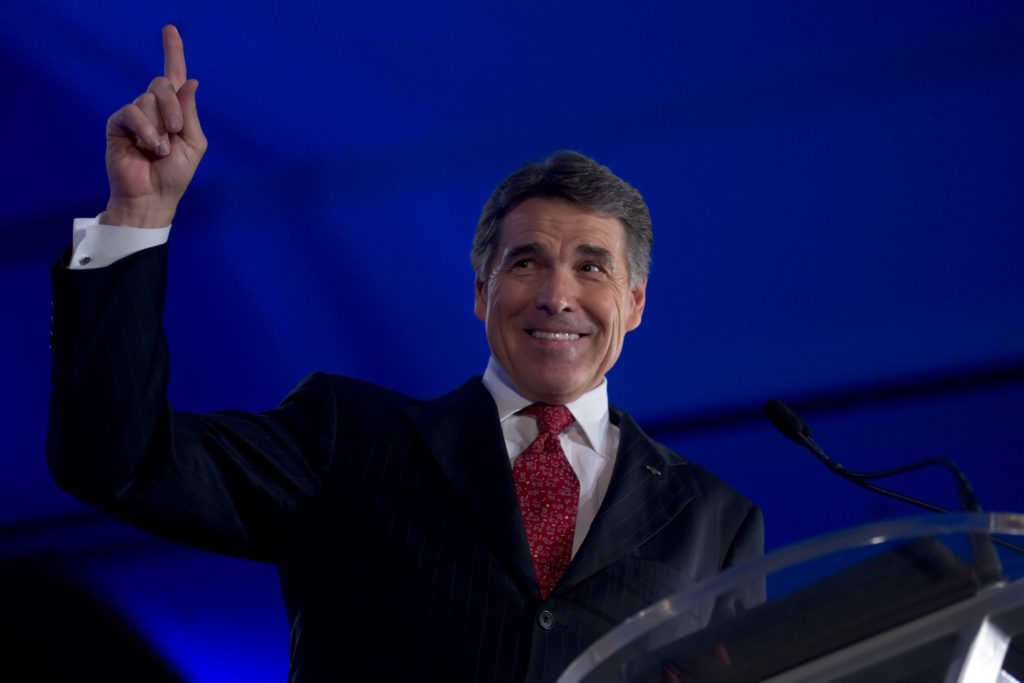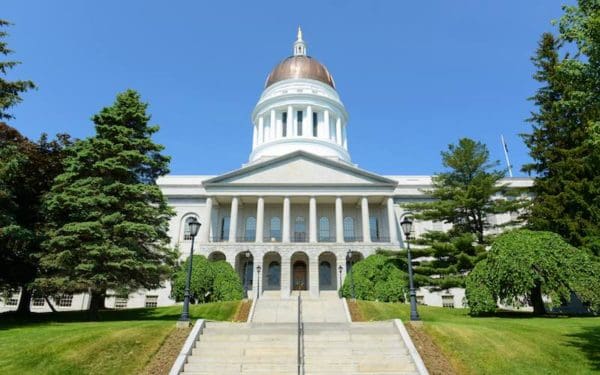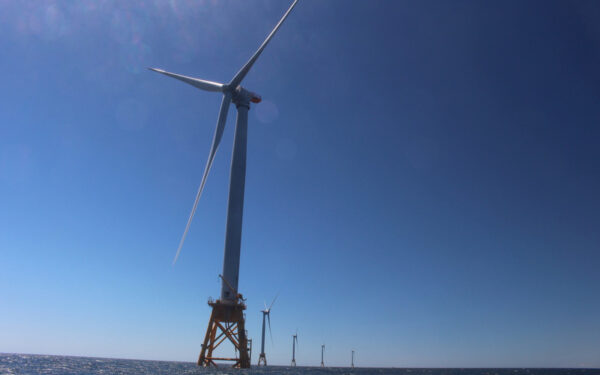
The DOE study cites natural gas, not renewables, as the downfall of coal. Photo Credit: Christopher Halloran / Shutterstock.com
The Department of Energy finally released its grid reliability study, and things do not look good for coal. We had a hint of what was coming in July, when a draft of the report was leaked. Now that the final report is on our desks, we can see the full scale of what Energy Secretary Rick Perry’s department put together.
What Was This Study About?
Theoretically, the goal of the study was to see if the U.S. electric grid could handle the loss of coal-fired and nuclear power plants, which have been slowly going offline for years. (For example, Massachusetts’ last coal-fired plant shut its doors in May.) The study looked into why these plants were closing, and what the government should do about it.
What Did This Study Find?
The study clearly showed that economics — not renewable energy sources like wind and solar — is responsible for killing coal. The proliferation of natural-gas fired power plants, another dirty fossil fuel, was the biggest driver for change. Fracked-gas is cheaper than coal, so old coal-burning plants can’t compete.
While this particular finding is good — given the amount of carbon pollution coal spews into the air, coal plants need to go — the study is missing a few important things. Chief among them being recommendations for actually updating our energy grid.
What Was This Study Missing?
The study fails to mention climate change by name, instead citing “recent severe weather events” that need to be accounted for. We know these weather events are caused by climate change – and that there will only be more of them in the future. We also know that updating how we generate energy in the U.S. can help lower climate-damaging emissions.
Rather than rely more on natural gas, which pumps potent greenhouse gasses into the air and rapidly warms our planet, we need to invest in wind power, local solar generation, and energy efficiency measures. We also need to modernize our grid to take advantage of new, innovative technologies like smart meters and smart incentives for utilities.
The study misses the point that we need to build a smart and clean 21st-century grid, not prop-up failing technologies that can’t compete and can’t deliver us the clean energy future we deserve. (When you replace your car or phone, you want the latest and best technology. The same is true here!) And we shouldn’t ease up on permitting and safety requirements for coal and nuclear plans as the study suggests – our public health and safety are too important to trade away for more Big Energy profit. Nor should we drastically increase fracking, as the Trump administration has pledged to do. Instead, we need to invest in our future – in clean, renewable energy that can help us reliability power our homes and businesses (already a reality in California and across Europe) for generations to come.
What Does That Mean for Energy in New England?
States like Massachusetts and Connecticut already have laws on the books that require cuts in carbon pollution statewide. And all of New England is part of the Regional Greenhouse Gas Initiative (RGGI), the nation’s first market-based program designed to reduce climate-warming emissions. These laws and programs help our environment while bolstering our economies; but even these are not enough.
With a climate denier in the White House, supported by climate deniers in Congress, this study reaffirms that we cannot rely on the federal government to solve this problem. Instead, we need concrete local action and strong leadership in every New England state. And we need more than just words. The commitment to the Paris Climate Agreement made by the governors of Massachusetts, Connecticut, Rhode Island, and Vermont is important, but it must be followed by decisive action. We’ve made a lot of progress in the last ten years — our dirty coal plants are nearly gone and residents are fighting against new dirty gas plants — but there’s so much more to do and the clock is ticking.
So tell your representatives to support modern energy solutions, and not let this study take us back to the dark ages of coal. Because while Rick Perry may try to use the study’s results to support failing coal plants, CLF and our partners will continue to fight for clean, local power solutions that support New Englanders.




